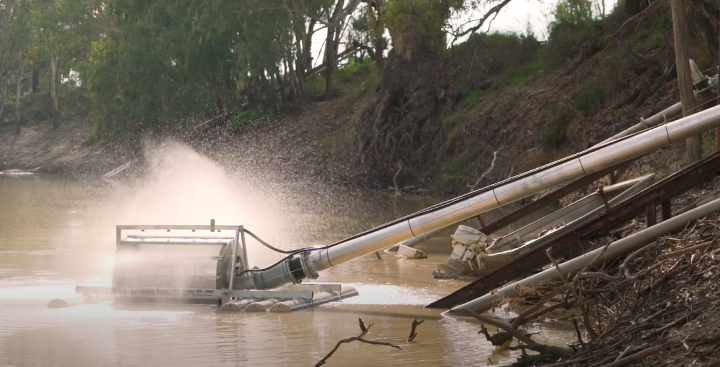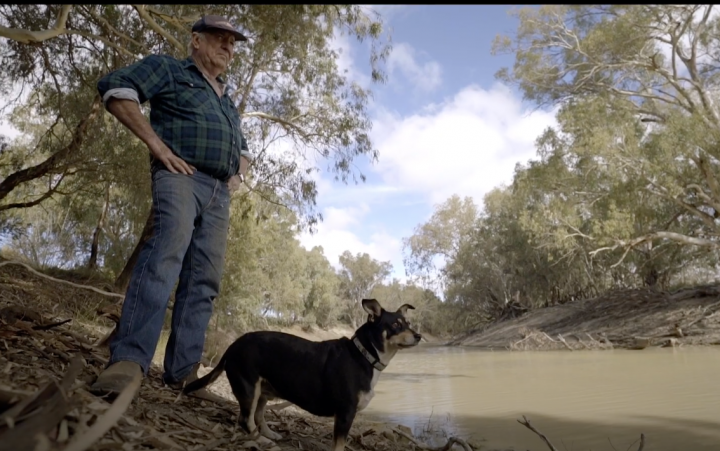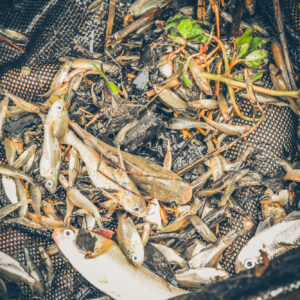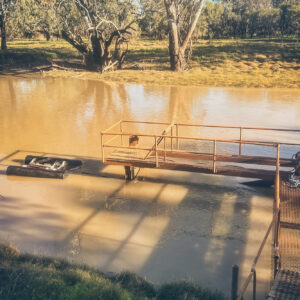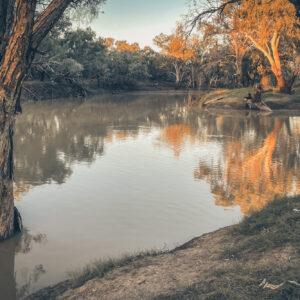From Pump To Pulp – How Fish Screens Are Evolving The Citrus Industry
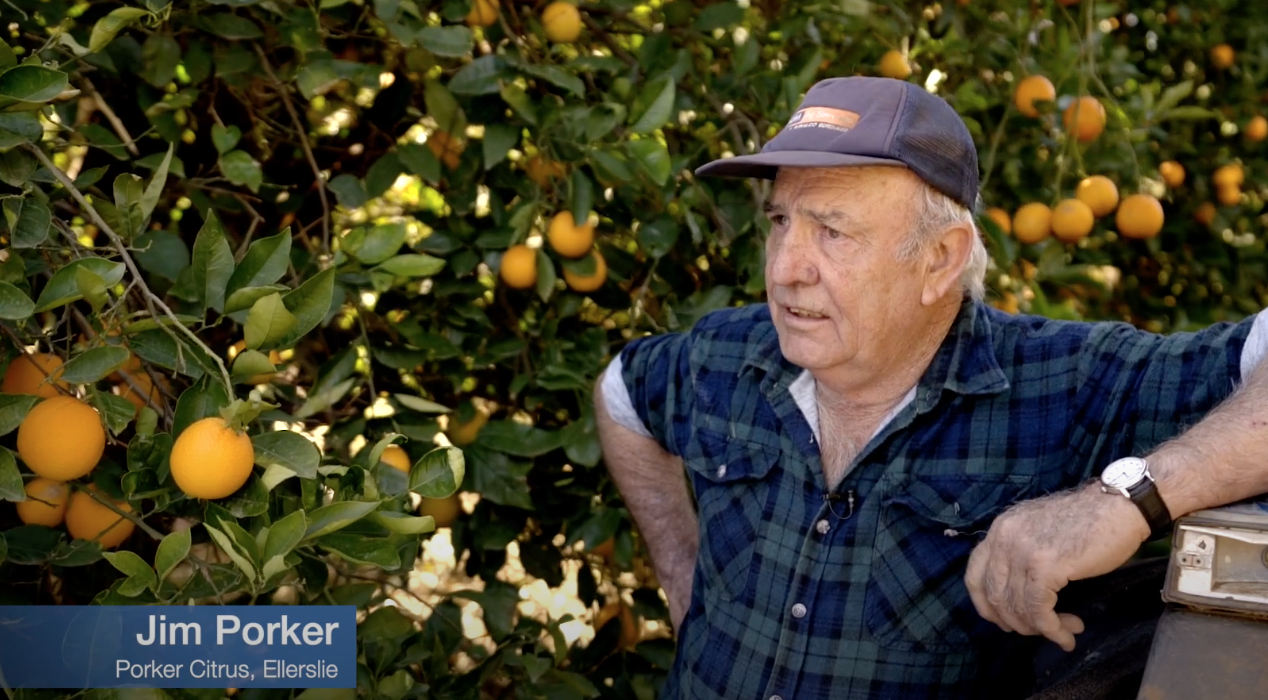
Oranges are nutritional gold. They’re filled with the nutrients your body needs to be at its best. To create this level of magnificence it takes high quality water. It’s a vital resource we all depend on and get from our rivers. Farmers are finding that they can give thanks to our rivers for this bounty by using a fish screen. This is increasingly important when we consider that a new report (Boys and Raynor, 2020) estimates the loss of native fish in the NSW Murray-Darling Basin alone could be between 2 and 510 million a year. A large portion of this is because most irrigations pumps aren’t screened properly and instead use trash tracks that only exclude big items of debris, like logs, but still suck up small fish and fish larvae. But many in agriculture are now addressing this issue both for their own benefit, thanks to pumps and sprays not being clogged, and to make sure more fish are staying in rivers. A fish screen was the solution. Farmer Jim Porker, owner of Porker Citrus, decided to act with the environment in mind and this led to cost savings he could only have dreamed of waking up to each day.
A WORKING SOLUTION
“The land is very important to us,” says Jim Porker when asked what inspired him to install a fish screen. “The river is even more important. We all must do a little bit better and look after it. It’s a beautiful environment. I’ve lived at Ellerslie for over 60 years, and we were having trouble on the Darling at certain times of the year with fish eggs and lice clogging up filters. Sand filters are good, but they’re also very expensive. So, we were looking for something cheaper that was more environmentally friendly because sand filters can do damage to the small fish and to the eggs.” Porker Citrus have a licence to pump up to 350 megalitres of water to irrigate their 65 hectares of citrus and grapevines. “Most native fish, even the big ones like Murray Cod, start life as tiny little eggs,” explains Iain Ellis, NSW Department of Primary Industries, Fisheries. “When they hatch, they move down stream. That unfortunately brings them into contact with pumps. They’re not good enough at swimming to get away. Lots of baby fish are removed by these pumps. This means there fewer fish surviving in our rivers.” Fortunately, there is a simple solution.
FISH SCREEN PROTECTION
Porker Citrus had their unit installed and its elegance lies in its simplicity. It’s created a system that Jim is tremendously happy about. “A river screen is this farm’s primary filter,” explains Gerry Berryman from Eagle i Machinery who installed the screen. “It filters the water before it gets to the pump. You’re not getting fish going into your main line so it can’t clog up your other filters. This system is a floating suction that sucks off the top 4 inches of water and it floats up and down with the river height. If the river rises six feet, it will rise with it and drop down with falling water levels too. It’s a spinning filter that constantly self-cleans itself. Shrimp, fish and fish larvae can’t get through it and stay in the river where they should be.” This is the kind of technology that everyone can get behind because all stakeholders will benefit. “It’s good for irrigators because cleaning pumps can be frustrating as well as expensive in terms of time and dollars,” explains Ellis. “When a farmer puts a screen on his pump, he’s not only making an investment for their business, but they’re also contributing to the health of the river system. If we all do our bit, then all the things that threaten fish in the river system can be addressed.” This is the bit that farmers can do very simply. It’s an initial cost but the money-saving benefits long term are good and for the river it’s fantastic.
THE HAPPY FARMER
It’s not fair to lumber one group with the environmental responsibility for the entire rivers system. The end results speak for themselves. “When I first heard about this screen, my eyes opened up in excitement,” explains Porker while smiling. “Compared to a traditional sand filter, that we’ve had on the property, it costs a quarter of the price and is far more productive because the filtered water that we get out thanks to it is so pure. I’ve found this to be true even when the Murray is running as dirty as it possibly can after heavy rain. This clean water technology thanks to the fish screen has allowed us to be more efficient with our water because we can now use drop irrigators that create very little water wastage. It saves on manpower too. With our old systems, we were checking the drip filters every 15 minutes, with the fish screen water, we only do it every 3 months. This even saves money in other areas because it lets us use fewer fertilizers that are delivered only to the root systems of the plants, not into the subsoil that can be washed off and be lost into the river. It’s really changed the way we farm. We’re not only more environmentally friendly now, but we’re more cost-effective. This kind of technology is going to be a game changer for Queensland farmers who have big fertilizer run off that impacts the health of places like the Great Barrier Reef. The fish screen even aerates the water in the system, so it improves the river’s habitat while protecting the fish. If we don’t look after the Darling River, nobody else is going to. It’s up to the farmers themselves. We must keep up with the times and look after our river and this seems to be the best way.” It’s this attitude from cost-conscious farmers who will help improve the health of all our rivers. To learn more about how to install a screen on your irrigation pump, visit here to see a list of suppliers. And if you just love oranges, you can cast your vote by choosing to buy produce that comes from farms like Porker Citrus that are doing their part for the environment.
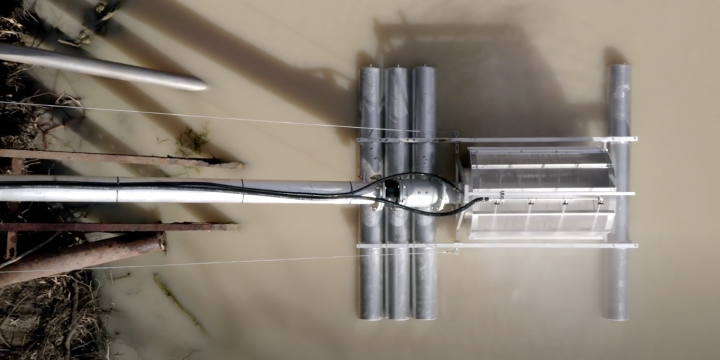
Jim’s fish screen at work

